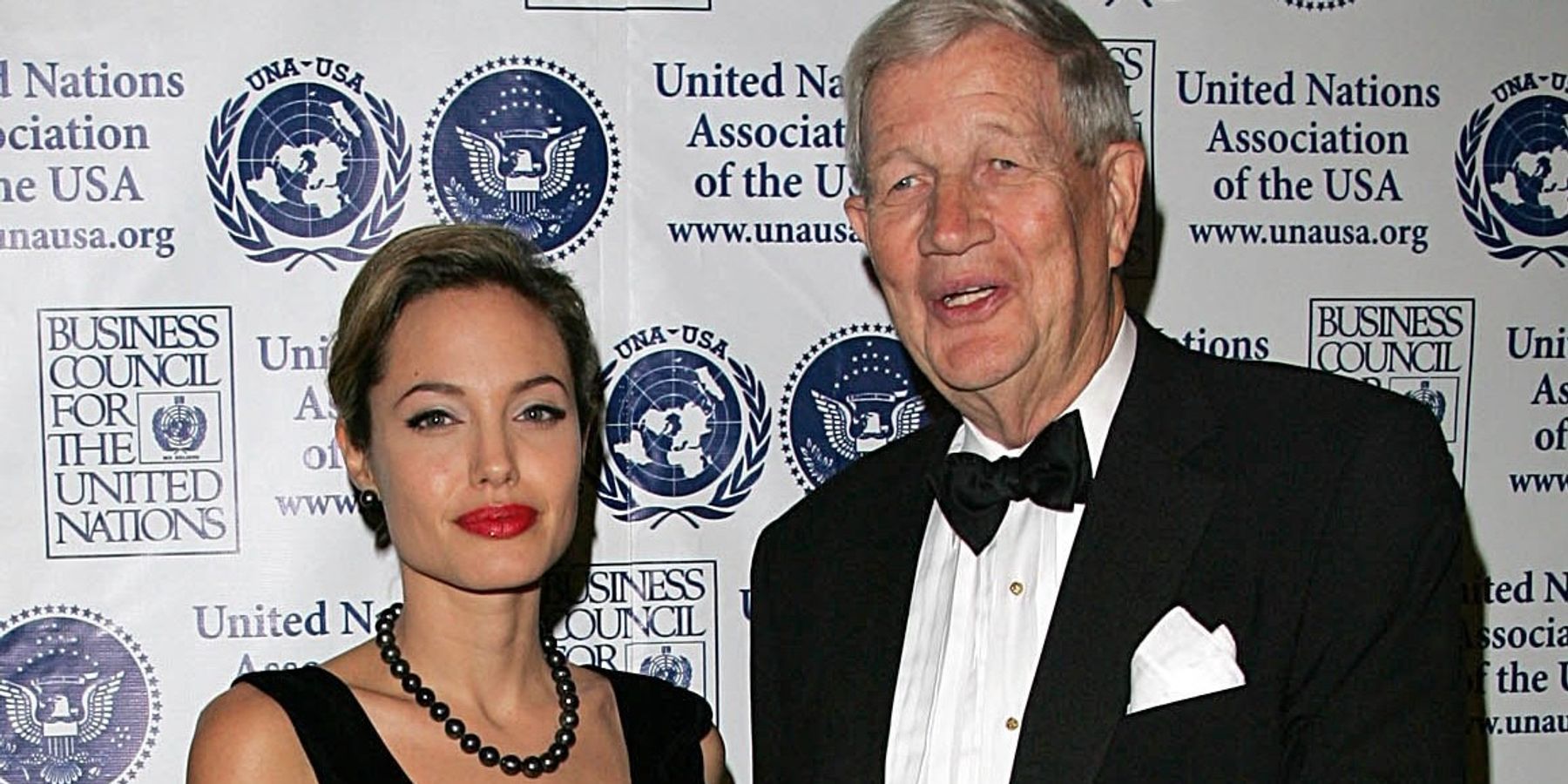Ambassador William H. Luers, whose active promotion of American diplomacy as a primary component of U.S. foreign policy continued well into his 90s, died Saturday at his home in Connecticut at the age of 95.
After a 31-year career in the foreign service, the Quincy Institute was proud to count him as a distinguished non-resident fellow.
His post-retirement career was certainly active: Luers served as president of the Metropolitan Museum of Art and as both chairman and president of the United Nations Association of the U.S.A. He was a key leader of The Iran Project, a group of scholars and retired diplomats and military committed to preventing Iran’s acquisition of a nuclear weapon and averting a military conflict in the region.
"Bill was an absolute giant. His work to strengthen diplomacy's role in U.S. foreign policy cannot be overstated,” said Quincy Institute Executive Vice President Trita Parsi. “Without him, there would never have been a nuclear deal with Iran, for instance."
The Iran Project to this day serves as a valuable hub for policymakers and analysts seeking to avoid misunderstandings between Iran and the U.S. in the process of finding diplomatic solutions to prevent an Iranian nuclear weapon.
President Barack Obama personally credited Luers’ work at The Iran Project for bringing about the 2015 nuclear deal between Iran and the P5+1.
“Thanks to you at The Iran Project for your leadership on the nuclear deal,” wrote Obama in a handwritten note published in Luers’ memoir, Uncommon Company: Dissidents and Diplomats, Enemies and Artists. “It made a huge difference, and the world will be better for it.”
Luers enthusiastically sought to democratize foreign policy, touting the importance of art and culture — particularly music — to bridge cultures and overcome political barriers in the service of diplomacy.
Luers served as U.S. Ambassador to Czechoslovakia from 1983 to 1986, playing a pivotal role in building up the international celebrity of Vaclav Havel to protect him from assassination, a subtle act of diplomacy helping lay the groundwork for the country’s Velvet Revolution and Czechoslovakia’s transition from a one-party state and command economy to a parliamentary republic with Havel as the first president of the newly formed Czech Republic.
“Diplomacy and the arts. So completely do I believe in their collaborative power that I have spent fifty years advocating for them, fighting for them, and celebrating all that has been accomplished in their names,” wrote Luers in his 2024 memoir.
His book ended not on the note of a retired diplomat well into his 90s looking back at a life well-lived, but as a youthful problem-solver, drawn to the world’s toughest problems and asking how American diplomacy could be harnessed to end violent conflict and further the common-good. He wrote:
“With an unflinching belief in the fundamental principle of talking to the other in uncommon company, I am persuaded that we must talk even with Putin or his closest advisors to see when and whether he would be prepared to share his own thoughts on how to organize an end to the war with Ukraine. Some way must be found to seek back-channel communications with the Kremlin, with friends and associates of Putin, to determine whether there is an inclination to address our differences and explore ways to end this conflict with Ukraine. The demonization of Putin is fully understandable given the inhumanity of this war between Russia and Ukraine, but the need to converse with uncommon company, including your enemies, should override the hatred and hostility of the enemy. If the US is engaged in supporting a military conflict or conducting a military conflict, it must set objectives short of total victory. Incidentally, wins that are achievable allow the US to sustain conflicts without having to face up to humiliating defeat or endless wars.”
He is survived by his wife Wendy Woods Luers, three children, two stepchildren, five grandchildren and five step-grandchildren.
- Underfunded diplomacy is feature (not a bug) of US foreign policy ›
- Looking back at a 'Golden Age' of US-Russia diplomacy ›
















